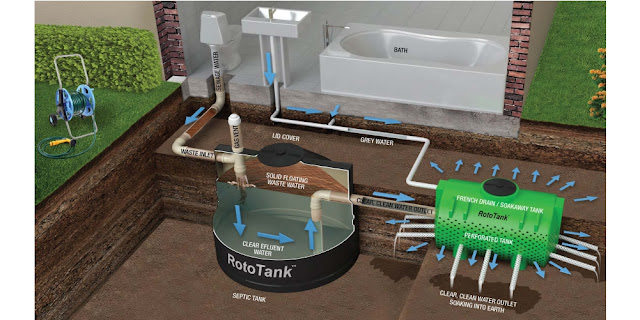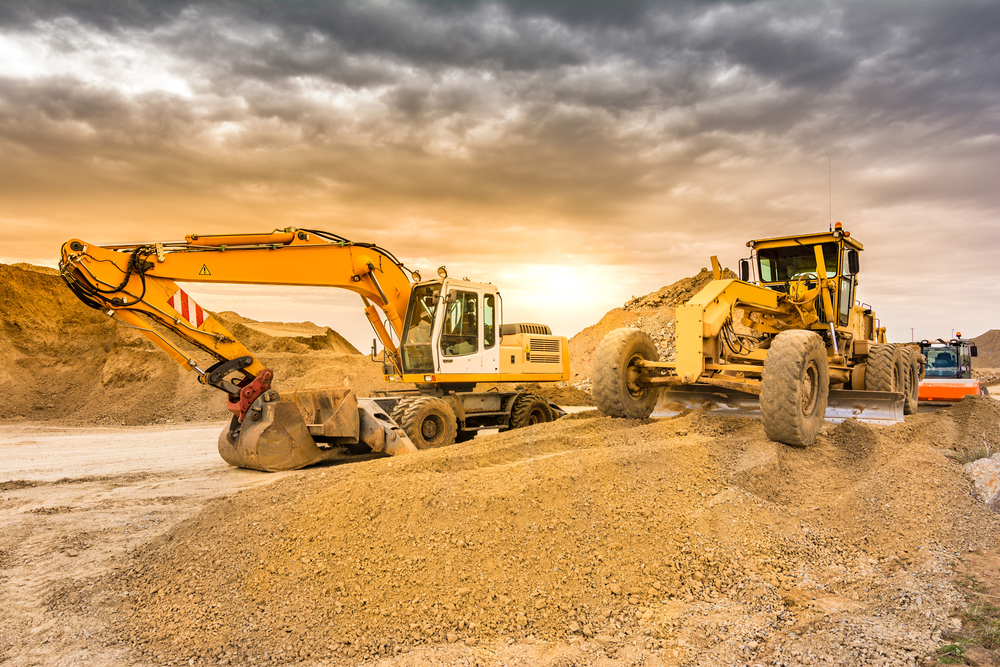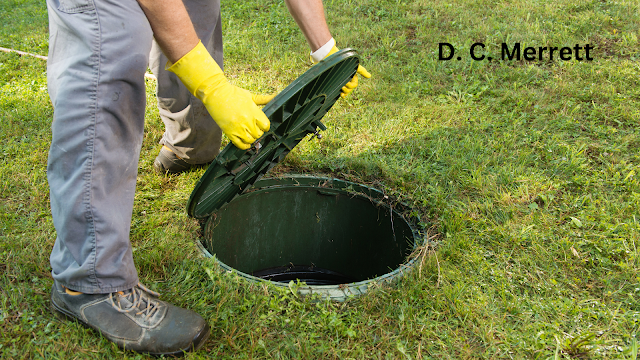What is a powerful natural drain cleaner?
Blocked drains can be a nuisance, causing slow drainage, unpleasant odors, and, in severe cases, even water damage. While chemical drain cleaners are a popular choice for unclogging pipes, they can be harsh on the environment and your plumbing. Fortunately, there are powerful natural drain cleaners that are both effective and eco-friendly. In this article, we will explore these natural alternatives, their advantages, and how to use them to keep your drains flowing smoothly.
The Downside of Chemical Drain Cleaners
Chemical drain cleaners are widely available and can be effective at dissolving clogs in your plumbing. However, they come with some significant downsides:
Harmful Chemicals: Many chemical drain cleaners contain harsh, corrosive chemicals that can damage your plumbing pipes and harm the environment. The toxic fumes emitted during their use can be hazardous to your health.
Environmental Impact: The chemicals in these products can have long-lasting negative effects on ecosystems when they enter waterways. They can harm aquatic life and disrupt the balance of ecosystems.
Risk of Overuse: Some people may rely on chemical drain cleaners as a quick fix, which can lead to overuse and further damage to their plumbing systems.
Health Concerns: The fumes and residues of chemical drain cleaners can pose health risks to humans, particularly when not used properly.
Powerful Natural Drain Cleaners
Fortunately, there are natural alternatives that are effective at clearing clogs in your drains. These powerful natural drain cleaners are eco-friendly and safe for both your plumbing and the environment.
Baking Soda and Vinegar
The combination of baking soda and vinegar is a classic and effective natural drain cleaner. The chemical reaction between the two ingredients creates fizz and heat, which can help break down clogs made of grease, soap scum, and organic matter.
How to use baking soda and vinegar:
Pour about 1/2 cup of baking soda down the clogged drain.
Follow it with 1/2 cup of vinegar.
Cover the drain with a plug or cloth to contain the fizzing reaction.
Let it sit for about 15-30 minutes.
Flush the drain with hot water to clear away the blockage.
This method can be repeated if necessary and is safe for use in both kitchen and bathroom drains.
Salt and Baking Soda
A mixture of salt and baking soda can be an effective natural drain cleaner, particularly for greasy clogs. The abrasive quality of salt, combined with the fizzing action of baking soda, helps break down and dissolve blockages.
How to use salt and baking soda:
Mix 1/2 cup of salt and 1/2 cup of baking soda in a bowl.
Pour the mixture into the clogged drain.
Allow it to sit for about 10-20 minutes.
Rinse the drain with hot water to flush away the dissolved clog.
This method is suitable for kitchen drains with grease-related blockages.
Boiling Water
Sometimes, the simplest solution can be the most effective. Boiling water is an easy and natural way to unclog drains and is particularly useful for minor blockages caused by grease and soap scum.
How to use boiling water:
Boil a pot of water.
Carefully pour the boiling water directly down the clogged drain.
Let it sit for a few minutes to allow the hot water to melt away the blockage.
Run hot water from the faucet to check if the drain is now clear.
This method is quick and effective for minor blockages but may not work for more stubborn clogs or blockages caused by solid objects.
Enzyme-Based Drain Cleaners
Enzyme-based drain cleaners are natural and eco-friendly products that use enzymes and bacteria to break down organic waste in your plumbing system. These products are specifically designed to target and digest the types of clogs that chemical cleaners address.
How to use enzyme-based drain cleaners:
Follow the manufacturer's instructions on the product label.
Typically, you will need to pour the recommended amount of the enzyme-based cleaner down the clogged drain.
Allow it to sit for the specified duration, usually overnight.
Run hot water down the drain to flush away the dissolved clog.
Enzyme-based drain cleaners are safe for regular use and can help maintain a clear and odor-free plumbing system.
Salt, Borax, and Vinegar
A mixture of salt, borax, and vinegar can be effective at clearing clogs and removing odors from drains. The combination of these ingredients helps break down organic matter and dissolves blockages.
How to use salt, borax, and vinegar:
Mix 1/4 cup of salt, 1/4 cup of borax, and 1/2 cup of vinegar in a bowl.
Pour the mixture into the clogged drain.
Let it sit for 15-30 minutes.
Rinse the drain with hot water to clear away the dissolved clog.
This method is effective for both clearing clogs and freshening up drains.
Advantages of Powerful Natural Drain Cleaners
Eco-Friendly: Natural drain cleaners are environmentally friendly and do not harm aquatic life or disrupt ecosystems when they enter waterways.
Safe for Plumbing: Unlike chemical drain cleaners, natural alternatives do not damage or corrode your plumbing pipes, making them safe for regular use.
Health and Safety: Natural drain cleaners do not emit toxic fumes or pose health risks to humans, providing a safer cleaning option.
Versatility: These natural methods are versatile and can be used for various types of clogs and drains, from kitchen sinks to bathroom showers.
Cost-Effective: Natural drain cleaners are typically more affordable than commercial chemical drain cleaners, making them a budget-friendly option.
In Conclusion
Powerful natural drain cleaners provide effective, eco-friendly, and safe solutions for unclogging drains. The use of ingredients like baking soda, vinegar, salt, borax, and enzyme-based cleaners can help you maintain clear and odor-free plumbing while avoiding the drawbacks of chemical drain cleaners. These natural alternatives are not only kind to the environment but also safe for your plumbing and your health. By incorporating these natural methods into your regular maintenance routine, you can keep your drains flowing smoothly while minimizing your environmental impact.
.jpg)



Comments
Post a Comment